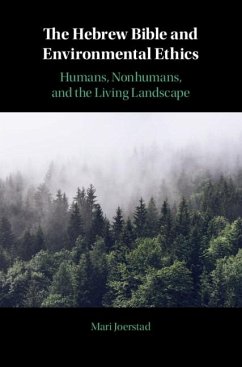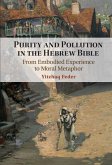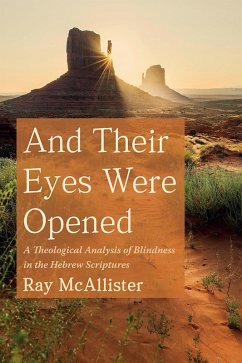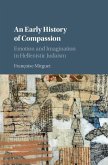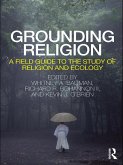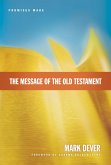The environmental crisis has prompted religious leaders and lay people to look to their traditions for resources to respond to environmental degradation. In this book, Mari Joerstad contributes to this effort by examining an ignored feature of the Hebrew Bible: its attribution of activity and affect to trees, fields, soil, and mountains. The Bible presents a social cosmos, in which humans are one kind of person among many. Using a combination of the tools of biblical studies and anthropological writings on animism, Joerstad traces the activity of non-animal nature through the canon. She shows how biblical writers go beyond sustainable development, asking us to be good neighbors to mountains and trees, and to be generous to our fields and vineyards. They envision human communities that are sources of joy to plants and animals. The Biblical writers' attention to inhabited spaces is particularly salient for contemporary environmental ethics in their insistence that our cities, suburbs, and villages contribute to flourishing landscapes.
Dieser Download kann aus rechtlichen Gründen nur mit Rechnungsadresse in A, B, BG, CY, CZ, D, DK, EW, E, FIN, F, GR, HR, H, IRL, I, LT, L, LR, M, NL, PL, P, R, S, SLO, SK ausgeliefert werden.

